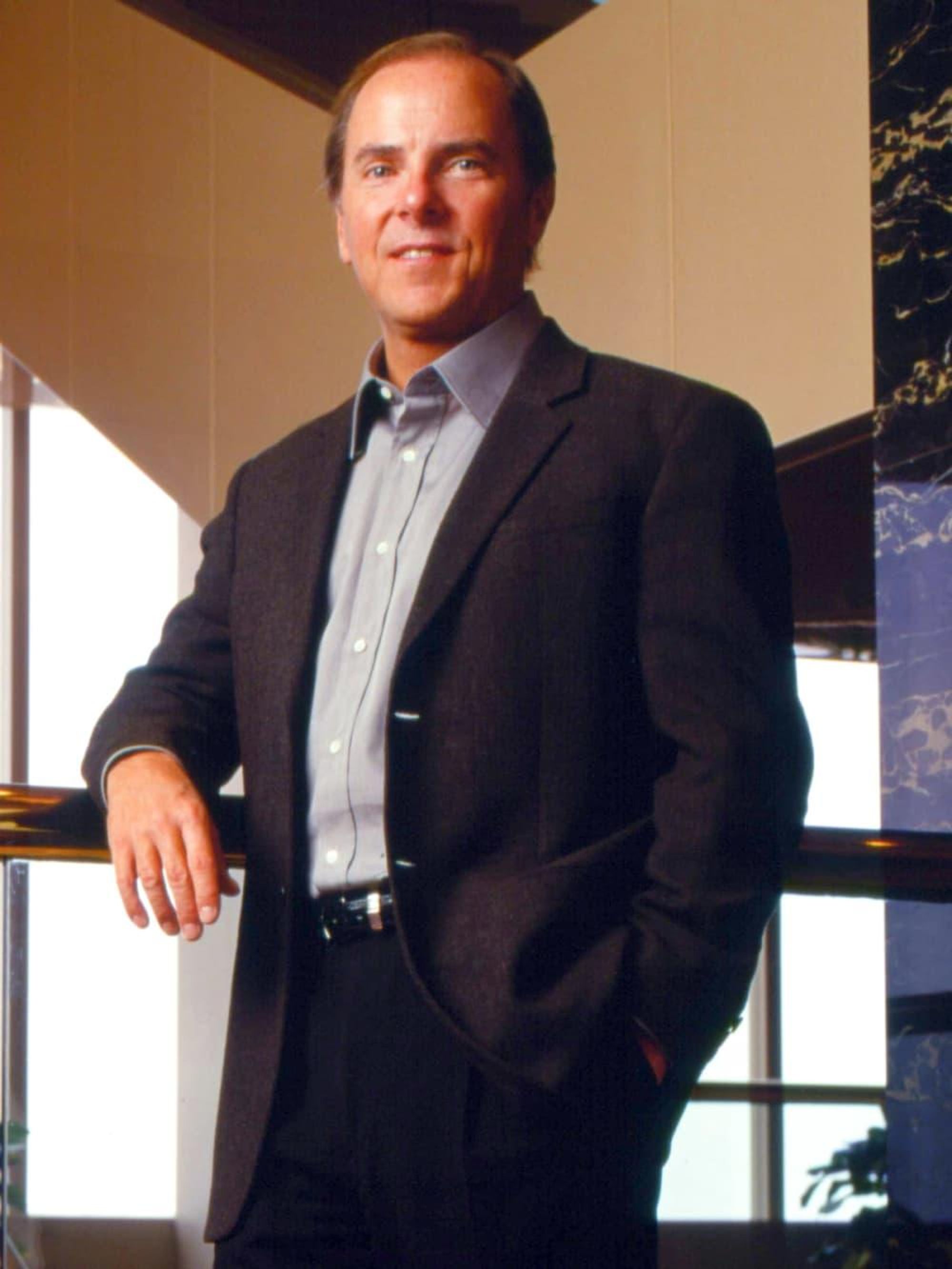Law & Disorder
It's not over yet: The repercussions of Jeffrey Skilling's partial Supreme Court win

The Supreme Court has spoken in the appeal of former Enron CEO Jeffrey Skilling and their decision is ... confusing.
Written by Justice Ruth Bader Ginsburg, the ruling comes in three parts, each signed on by a different coalition of justices with a handful of concurring opinions.
Ginsburg lays out the questions faced by the court simply:
In 2001, Enron Corporation, then the seventh highest revenue-grossing company in America, crashed into bankruptcy. We consider in this opinion two questions arising from the prosecution of Jeffrey Skilling, a longtime Enron executive, for crimes committed before the corporation’s collapse. First, did pretrial publicity and community prejudice prevent Skilling from obtaining a fair trial? Second, did the jury improperly convict Skilling of conspiracy to commit “honest-services” wire fraud?
In short, the Supreme Court decided the answer was "no" to the first question of whether Skilling was prevented from getting a fair trial, and "yes" to Skilling's improper conviction on honest services wire fraud.
Skilling won't be emerging from prison in the immediate future, but the decision vacates a part of his conviction and remands the case to circuit court to sort out the remaining questions, which could result in a reduction of Skilling's current 24-year sentence.
As evidence that Skilling received a fair trial, the Court points to several factors: The size of the jury pool in Houston, the general lack of incendiary rhetoric in the media or "evidence of the smoking-gun variety" released to the public, the significant time elapsed between the fall of Enron and Skilling's trial four years later, as well as Skilling's acquittal on nine counts of insider trading, a strong indicator that the jury was unbiased.
Looking specifically at the trial courts actions in selecting a jury though, the justices focused some lively questioning during oral arguments over whether the time for voir dire was sufficient. The brief examined the questionnaire filled out by potential jurors, examination by the judge and counsel and examination of the jury members' connection to Enron, and determined that:
"In sum, Skilling failed to establish that a presumption of prejudice arose or that actual bias infected the jury that tried him ... Taking account of the full record, rather than incomplete exchanges selectively culled from it, we find no cause to upset the lower courts’ judgment that Skilling’s jury met that measure. We therefore affirm the Fifth Circuit’s ruling that Skilling received a fair trial."
In this judgment, Justice Sotomayor filed a dissent joined by Breyer and Stevens, opining that she found Skilling's voir dire insufficient to guarantee a fair trial.
The second question revolved around the "honest services" statute, a precursor to mail fraud and wire fraud laws, and defined as prohibiting "any scheme or artifice to defraud, or for obtaining money or property by means of false or fraudulent pretenses, representations, or promises."
Skilling challenged this as unconstitutionally vague, a claim the Court found had merit. But rather than invalidate the clause as a whole, the Supreme Court construed it to refer solely to acts of bribery or kick-backs, and states that the government did not make any claims that Skilling violated those stricter terms:
The Government charged Skilling with conspiring to defraud Enron’s shareholders by misrepresenting the company’s fiscal health, thereby artificially inflating its stock price. It was the Government’s theory at trial that Skilling “profited from the fraudulent scheme . . . through the receipt of salary and bonuses , . . . and through the sale of approximately $200 million in Enron stock, which netted him $89 million.” ... The Government did not, at any time, allege that Skilling solicited or accepted side payments from a third party in exchange for making these misrepresentations."
The Supreme Court thus vacated Skilling's conspiracy conviction, and remanded the case to the Fifth Circuit court to determine whether the other conspiracy counts hold without the honest services statute being in play, and the effect of the ruling on Skilling's other convictions.
So Enron may be dead, but the Enron case lives on.
